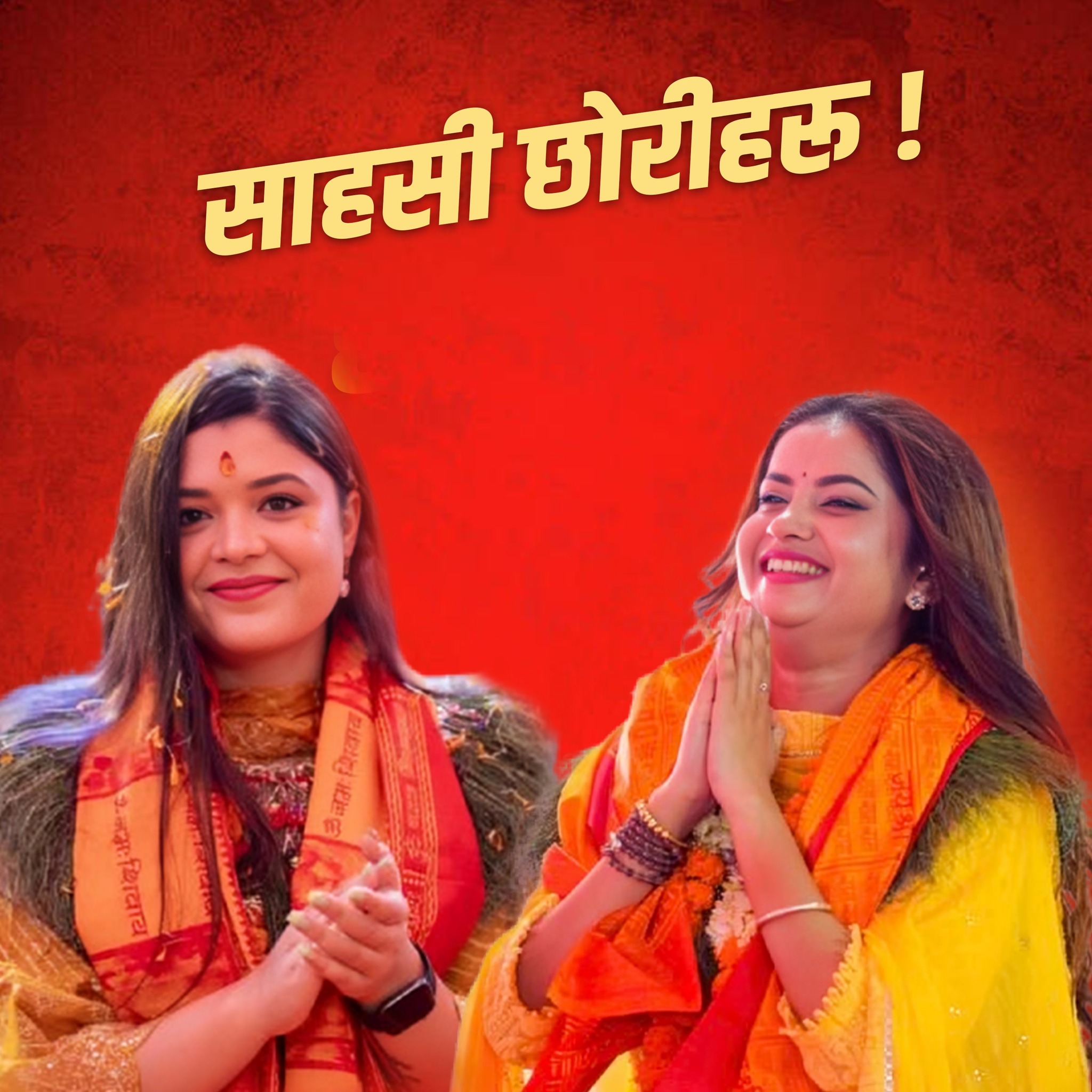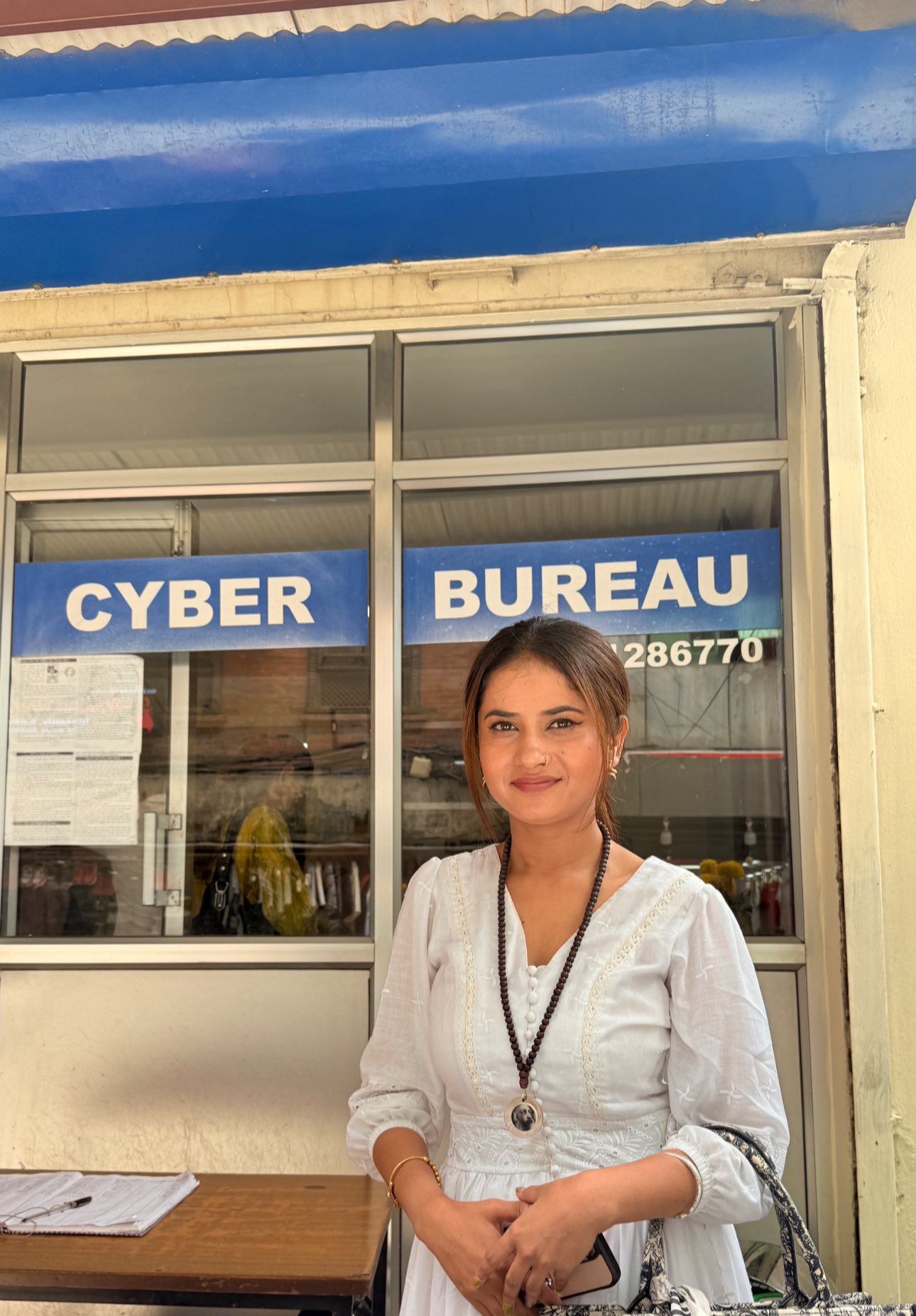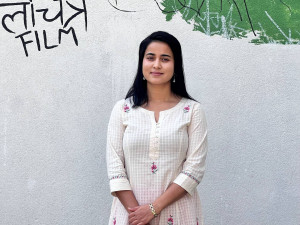Culture & Lifestyle
No stranger to online hate, singers take a stand
Targeted with vulgar messages and character assassination, Eleena Chauhan and Samikshya Adhikari are forcing Nepal to confront its digital cruelty.
Sanskriti Pokharel
Recently, Nepali social media has been filled with posts, videos, and intense debates about two young singers: Eleena Chauhan and Samikshya Adhikari. While both are recognised for their music, they are now in the spotlight for another reason: confronting online abuse and cyberbullying that has gone beyond limits.
Both singers started exposing individuals who sent them vulgar or abusive messages, whether through private DMs or public comments. This step quickly gained traction online, with support from the general public and influential figures.
Prime Minister KP Sharma Oli’s Facebook post on June 28 drew attention. He wrote, “We must protect society from sadistic tendencies, like insulting others just to look good, opposing and cursing everything blindly. I found these two singers’ approach of publicly exposing such people effective in stopping society from being misled by emotional outrage and helping it return to reason.”
This endorsement from the country’s leader emboldened both singers, but they say the problem runs deeper than a single post can fix.
For Chauhan, the attacks are not new. She says she has faced hate since the early days of her career. Speaking to the Post, she recalled her first major backlash, which came after a Rajatpat interview with Prakash Subedi, where she mentioned she didn’t know Rabi Lamichhane personally. That one sentence sparked a wave of insults and slurs that have followed her ever since.
“These types of negative comments bother me,” Chauhan said. “Despite practising meditation and trying to keep my mental health in check, encountering offensive comments online remains upsetting. Occasionally, I see them just before performances, which impacts my singing. The most hurtful part is that my family is also affected.”
Despite it all, she has refused to back down. On July 2, Chauhan posted on Facebook, “I am a person who came back from a point where death seemed easier than living. Do you think I’ll lose to a few negative comments? The flames you’ve thrown at me will light up my life even more.”
Last week, she posted a photo of herself at the Cyber Bureau office, clarifying that she will not tolerate character assassination and threats silently.
Similarly, the situation has been equally painful for singer Adhikari, if not more. She thanked the Prime Minister for his support and pointed out the irony. In her Facebook post on June 28, she wrote directly to him:

“Honourable Prime Minister, your post gave me courage and some relief. Before the ink on that post had dried, your close ally Mahesh Basnet chose to attack my character to deflect attention from his own actions. I am deeply hurt.”
Adhikari did not mince her words. She asked Basnet, “If you had pictured your own daughter, a doctor, in my place, would you still have dared to write this?”
Her post highlights that, although influential words from leaders can inspire, their actions and those of their close associates usually have a greater impact.
The Post reached out to Adhikari, but she chose not to comment.
Actor Deepak Raj Giri also came out in support of the two singers. In his Facebook post, he praised Adhikari for her courage to stand tall after facing “a thunderbolt” at such a young age. It was a clear nod to her previous ordeal when a high-profile scandal made national headlines.
“Social media is full of people who do nothing for society but sit around pointing fingers at those who try to do something,” Giri wrote. He called out the hypocrisy of people who never lift a finger to improve society but are quick to label artists, public figures, and professionals as immoral and corrupt.
He added that cyberbullying is now being used as a tool by rivals who can’t compete fairly. “If they can’t beat you with their work, they try to break you with abuse.”
Deepak Awasthi, spokesperson for the Cyber Bureau, confirmed that the problem is not small. In this fiscal year alone, the bureau has received about 1,791 applications related to cyberbullying and harassment. “But only a handful of these involve celebrities or public figures,” he said. The rest are regular people who find their reputations dragged through the mud online.

Existing laws don’t even recognise ‘cyberbullying’ or ‘harassment’ as distinct crimes, making resolution complicated. Awasthi explains that they try to mediate between the victim and the perpetrator, encourage content removal, or, if needed, register an FIR and start legal proceedings. But the process can be long, costly, and mentally draining for victims.
Support for Chauhan and Adhikari has come from many sides. Fans have rallied behind them with encouraging comments and shares, but the hate has not stopped, either.
Some are sceptical about whether going public with abusers’ names helps. But as PM Oli said on June 28 post, “The trend of people taking positive initiatives in society being consistently targeted with abuse has become excessive. Those who aim to do good should not lose courage.”
This controversy has done something rare: it has pushed powerful voices to acknowledge how rampant online harassment is not just for celebrities but for everyone.
However, without clear laws, accountability remains difficult to establish. Although Chauhan and Adhikari’s bravery might encourage others to speak out, it is unclear whether the system will evolve to shield them and many others like them from future trolls.
For now, both singers continue to sing, speak, and fight back. In this uncertain space we now call the digital public square, maybe the only certainty is this: those who try to do good must not lose heart.




 9.12°C Kathmandu
9.12°C Kathmandu















